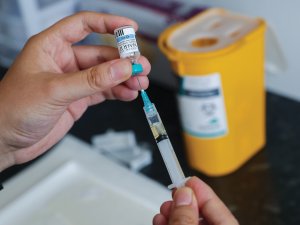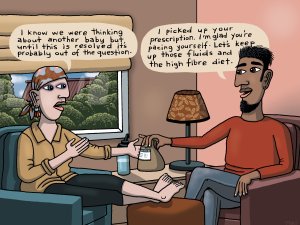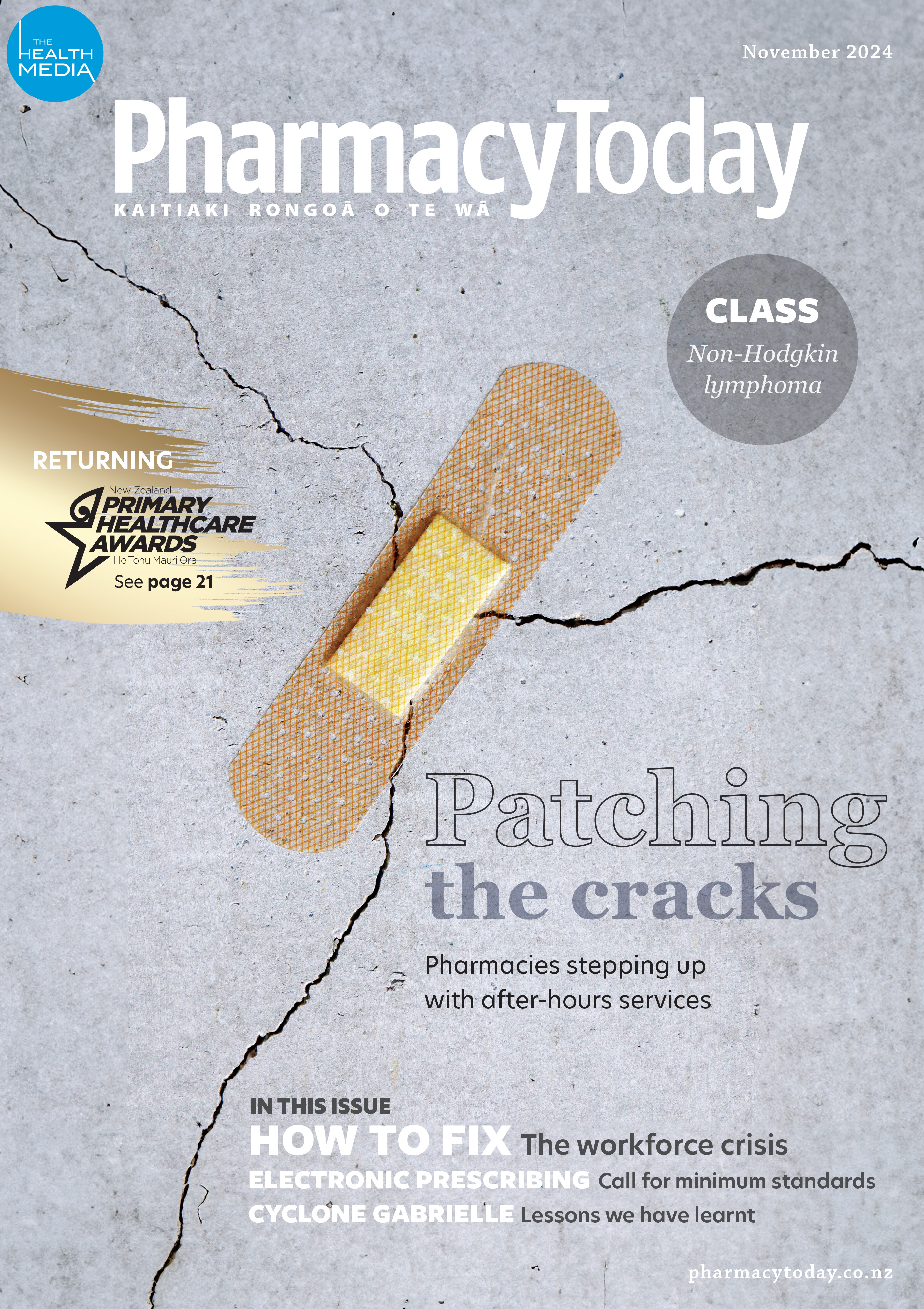Academic pharmacist Nataly Martini highlights the importance of understanding non-Hodgkin lymphoma and pharmacists’ roles in managing this condition
All aboard the vaccination train: Plenty of patients but is the pay worth it?
All aboard the vaccination train: Plenty of patients but is the pay worth it?

Here at Pharmacy Today we are on our summer break! While we're gone, check out Summer Hiatus: Stories we think deserve to be read again! This article was first published on 1 November.
The expansion of vaccination services was one of the big stories of the year with COVID-19 jabs leading the way. Paulette Crowley and Jonathan Chilton-Towle report on the other vaccination options
There will be another measles outbreak now that the border has opened and the more we can vaccinate in advance, the less the impact will be
A young woman enters Clendon Discount Pharmacy with a script for folic acid and iodine. Though not obviously pregnant, pharmacist Selwan Farhan asks her if she’d like him to check her vaccine record while she waits for her medicine.
She agrees, mentioning her midwife had recommended that pharmacy was the place to get free and crucial vaccines, with no appointment necessary.
Seventeen weeks pregnant with her second child, she presents her arm for Boostrix and flu jabs after Mr Farhan carefully explains the benefits and risks. He administers the vaccines with friendly chitchat – she was amazed to hear she needed a pertussis vaccine for every pregnancy. She’s suffering from hyperemesis gravidarum (severe morning sickness), which is hard going with a toddler – then she waits for 20-odd minutes in case of reactions.
Clendon pharmacy is one of 93 south Auckland pharmacies involved in the Catch-up Childhood Immunisation Project run by Te Whatu Ora Counties Manukau to address woeful vaccination rates. The pilot, launched in south Auckland because of its high-needs population, began in June this year and finishes on 20 November.
Pharmacy lead Natalie Gauld explains the programme which focuses heavily on adding on as many vaccinations possible to eligible people. It was designed to mitigate another measles epidemic like the one in 2019 which saw more than 400 people hospitalised.
“There will be another measles outbreak now that the border has opened and the more we can vaccinate in advance, the less the impact will be on our community and our hospital,” Dr Gauld says.
Participating community pharmacists in Counties Manukau have administered at least 40 per cent of all MMR vaccinations given by pharmacy across New Zealand since July this year, particularly in the key 15–30 age group for Māori or Pacific people, she says.
Pharmacist Jes Patel, owner of Unichem Leabank Pharmacy in Manurewa, is taking part in the catch-up campaign. He has heavily focused on delivering the full gamut of vaccinations available through pharmacy since 2021.
Although enthusiastic about recognition for pharmacy’s ability to deliver vaccinations and other clinical services, he says the financial compensation is discouraging.
According to the Integrated Community Pharmacy Services Agreement, the immunisation service fee for administering a vaccine to an eligible user is $27.84 (plus GST) regardless of how many vaccines were given to an individual on the same day.
Since 1 October, the fee for MMR and influenza vaccinations for Māori and Pacific patients is $30.16 (plus GST), which will be reviewed in mid-2023.
The COVID-19 vaccination fee is paid separately, although Mr Patel says he understands the intention is to eventually include it under the standard administration fee.
Mr Patel says the fee doesn’t begin to cover the time and effort pharmacists put into delivering the service.
At Clendon pharmacy, delivering two vaccines took the pharmacist about half an hour, which included talking about education and signing consent forms but not the observation time.
Though there are efficiencies in delivering multiple vaccinations, pharmacists need to be financially compensated for the considerable time and effort involved, Mr Patel says.
He suggests using a “multiplier scale” to the service fee, which is already applied to repeat prescriptions.
“If we are paid ‘x’ for one vaccination, we could be paid ‘x’ times 80 per cent for each subsequent vaccination administered on the same day.
“The future direction for pharmacy is a continued devolution of vaccination services from GPs to pharmacy, increasing the length and breadth of the services pharmacy vaccinators can administer,” he says in an email.
“[This funding] model is counter-intuitive and in fact does the opposite of incentivising us to proactively close the equity gap of our predominantly high-needs communities by opportunistically vaccinating those in need.”
The need for catch-up vaccinations is great, especially in Māori and Pacific populations, but a number of initiatives are under way to tackle the problem, says Astrid Koornneef, Te Whatu Ora’s director national immunisation programme.
“The pilot has shown that we need an adaptable and capable infrastructure and workforce of vaccinators throughout Aotearoa to increase vaccination uptake are tailored to communities’ needs.
“The main initiative is improvements to the Immunisation Schedule, following this year’s national annual agreement review,” Ms Koornneef says in an emailed response.
“This allows pharmacies who have this schedule in their agreement to deliver any vaccination that they are authorised to – so far MMR, influenza and Boostrix, but more could be included in future.”
Ms Koornneef says Te Whatu Ora has recognised the Counties Manukau MMR catch-up effort as a success.
We're publishing this article as a FREE READ so it is FREE to read and EASY to share more widely. Please support us and the hard work of our journalists by clicking here and subscribing to our publication and website








